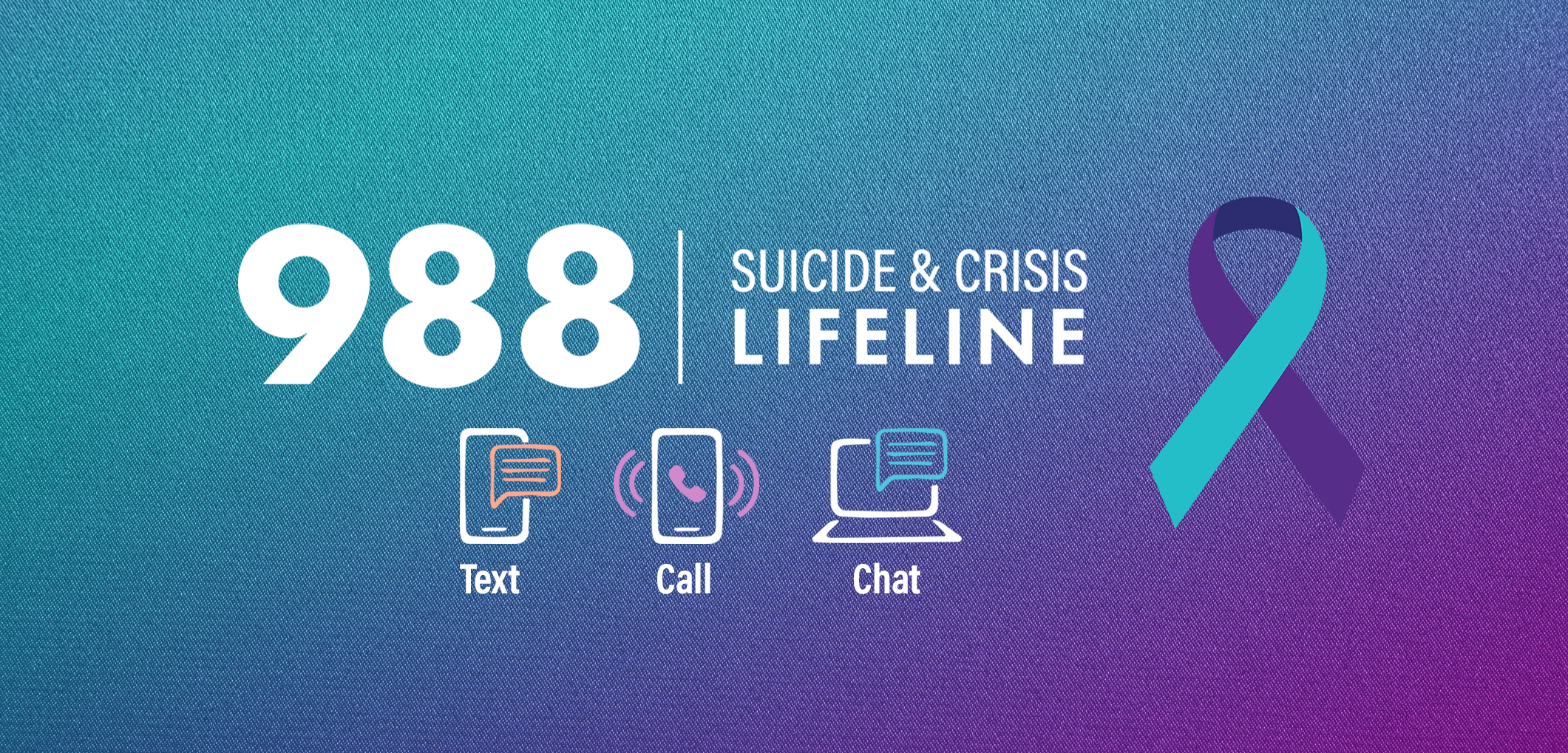
NCDHHS Director of Mental Health, Developmental Disabilities and Substance Use Services on Elimination of Federal Funding for 988 Suicide & Crisis Lifeline Dedicated to LGBTQ+ Youth Services
(NCDHHS, June 20, 2025) — The United States Department of Health and Human Services recently announced it would eliminate federal funding for the 988 Suicide and Crisis Lifeline service dedicated to LGBTQ+ youth services. On July 17, 2025, people who call 988 will no longer have the option to Press 3, specific to LGBTQ+ youth considering suicide. In response, and to reaffirm North Carolina’s commitment to serving everyone who calls 988 for crisis care, Kelly Crosbie, NCDHHS Director of Mental Health, Developmental Disabilities and Substance Use Services, released the following statement.
“The need for mental health care for young people in North Carolina has never been greater, and we are committed to reaching every person in every community in every corner of our state. North Carolina is a national leader in 988 implementation, with calls being answered in under 14 seconds on average, with every call being answered. This will not end with the elimination of federal dollars to support the 988 option to press 3 for the LGBTQ+ community. More than 8,000 North Carolinians call the 988 Lifeline each month for support. Everyone can and should still call 988, including members of the LGBTQ+ community. Experienced and trained 988 operators will respond to all calls and ensure that people receive the support and resources that they need.
Suicide is the second leading cause of death among young people aged 10 to 14, and a leading cause of death among 15–24-year-olds. LGBTQ+ young people are more than four times as likely to attempt suicide than their peers. In North Carolina, there will always be someone to call, someone to respond and somewhere to go if you are in crisis or just need someone to talk to.
In addition to being a national leader in crisis care, we are working to transform mental health care in North Carolina to build a system that works for everyone and supports people through their mental and behavioral health journey.”

I have no issue with this change by the federal government. One line should be enough, if operators are properly trained. If Each state has the money to pay for this , it is their privelege to contine the service.
I would have to agree. While “relative risk” statistics are frequently quoted that appear to describe disastrous results, the “absolute risk” numbers frequently reveal a more meaningful statistic.
How many of those 8,000 calls are LGBTQ+ related? Simply provide access to everyone in need, rather than creating carve outs for select groups.